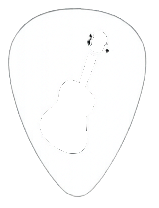Best Female Acoustic Guitar Songs – Learn to Play Popular Hits
From heartfelt folk tunes to modern acoustic pop, female artists have created some of the most memorable songs ever written for guitar.
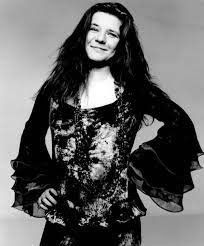
On this page, you’ll find easy acoustic guitar lessons for songs by Adele, Colbie Caillat, Tracy Chapman, Jewel, Sheryl Crow, Amy Winehouse, and more.
Each tutorial includes chords, strumming tips, and play-along demos to help you capture the tone and feel of each performance — no matter your skill level.
1. Adaline - Follow You Follow Me
2. Alannah Myles - Black Velvet
3. Amy Winehouse - Valerie
4. Beth Hart - Guilty - You Still Got Me
5. Blondie - Hanging On The Telephone, Heart Of Glass
6. Cher - Dark Lady, Gypsies Tramps & Theives
7. Celine Dion - My Heart Must Go On
8. Colbie Calliat - Never Gonna Let You Down
9. Dusty Springfield - Son Of A Preacher Man
10. Elle King - Where The Devil Don't Go
11. Etta James - At Last
12. Eva Cassidy - People Get Ready, Wade In The Water
13. Feist 1-2-3-4
14. Freda Payne - Band Of Gold
15. Gabrielle --- Out Of Reach
Garrison Starr - Scorpion
16. Gillian Welch - Wichita
17. Gloria Loring - Friends And Lovers
18. Helen Shapiro - You Don't Know
19. Jan Arden - Insensitive
20. Jane Rose - Bitten
21. Janis Joplin - Trouble In Mind
22. Joan Armatrading - Rosie
23. Joan Jett - I Love Rock And Roll
24. Judie Tzuke - Ladies Night
25. Kathy Young - A Thousand Stars
26. Katrina & The Waves - Walking On Sunshine
27. Kim Carnes - Bette Davis Eyes
28. Leslie Gore - It's My Party
29. Lucy Kaplansky - Scorpion
30. Madonna --- Like A Prayer
31. Mary Gauthier - Mercy Now
32. Melissa Etheridge - I'm The Only One
33. Nancy Sinatra - These Boot Are Made For Walking
34. Nana Miskouri - Four And Twenty Hours
35. Nena - 99 Red Ballons
36. Nina Simone - I Wish I Knew How It Would Feel To Be Free
37. Petula Clark - Kiss Me Goodbye
38. Rita Coolidge --- I'd Rather Leave While I'm In Love
39. Sandie Shaw - Wight Is Wight
40. Susanna Hoffs - It Must Be Love
41. Tracy Ullman - They Don't Know
42. Wendy Matthews - Token Angels
Female Artists Music
(Chords, PDf's, Demos, Tutorials)
1. Adaline Songs
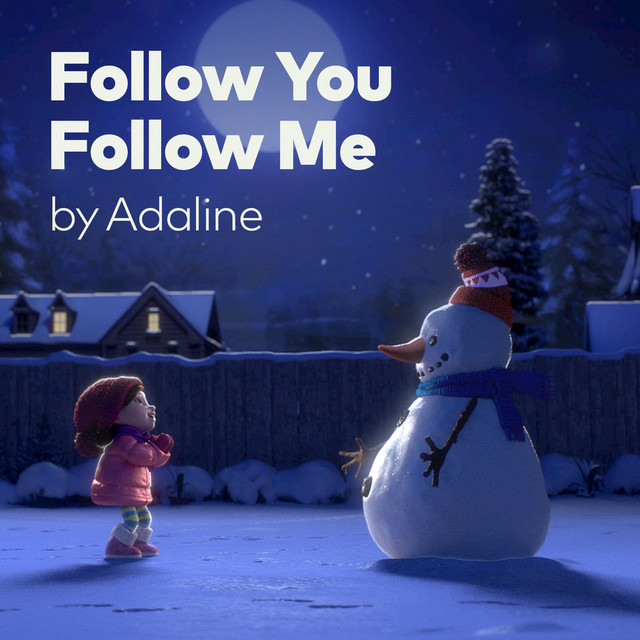
Follow You Follow Me was released in 2015 by Adaline (featuring Vapor) on the label Fifth Kid Records.
The track is a modern reinterpretation of the Genesis 1978 classic, produced as a dreamy pop ballad for television and film licensing.
While it wasn’t a major chart single, it drew attention for Adaline’s haunting vocal delivery and cinematic style, earning placements in Canadian media and helping expand her reputation as an indie pop artist with emotional depth.
Jump To Top
2. Alannah Myles Songs
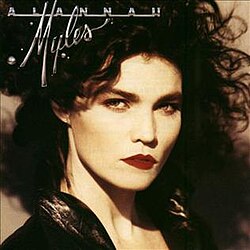
Black Velvet was released in 1989 as the second single from Alannah Myles’ self-titled debut album. Written by Christopher Ward and David Tyson, the song pays tribute to Elvis Presley with its sultry blues-rock groove and soulful vocals.
It became an international hit, reaching #1 on the U.S. Billboard Hot 100, #2 in Canada, and winning a Grammy Award for Best Female Rock Vocal Performance in 1991.
The track remains Myles’s signature song and a defining moment in late-’80s rock history.
Jump To Top
3. Amy Winehouse Songs

Valerie was recorded by Amy Winehouse with producer Mark Ronson for his 2007 album Version. Originally written and released by The Zutons in 2006, Winehouse’s soulful reinterpretation transformed it into a retro-Motown-inspired hit.
Released as a single in October 2007, it reached #2 on the UK Singles Chart and became one of her most recognizable performances. The song’s warm horn section, vintage groove, and Winehouse’s distinct phrasing cemented it as a modern soul classic and perennial favorite.
Video lesson and chord sheet contained in the zip file below.
Jump To Top
4. Beth Hart Songs
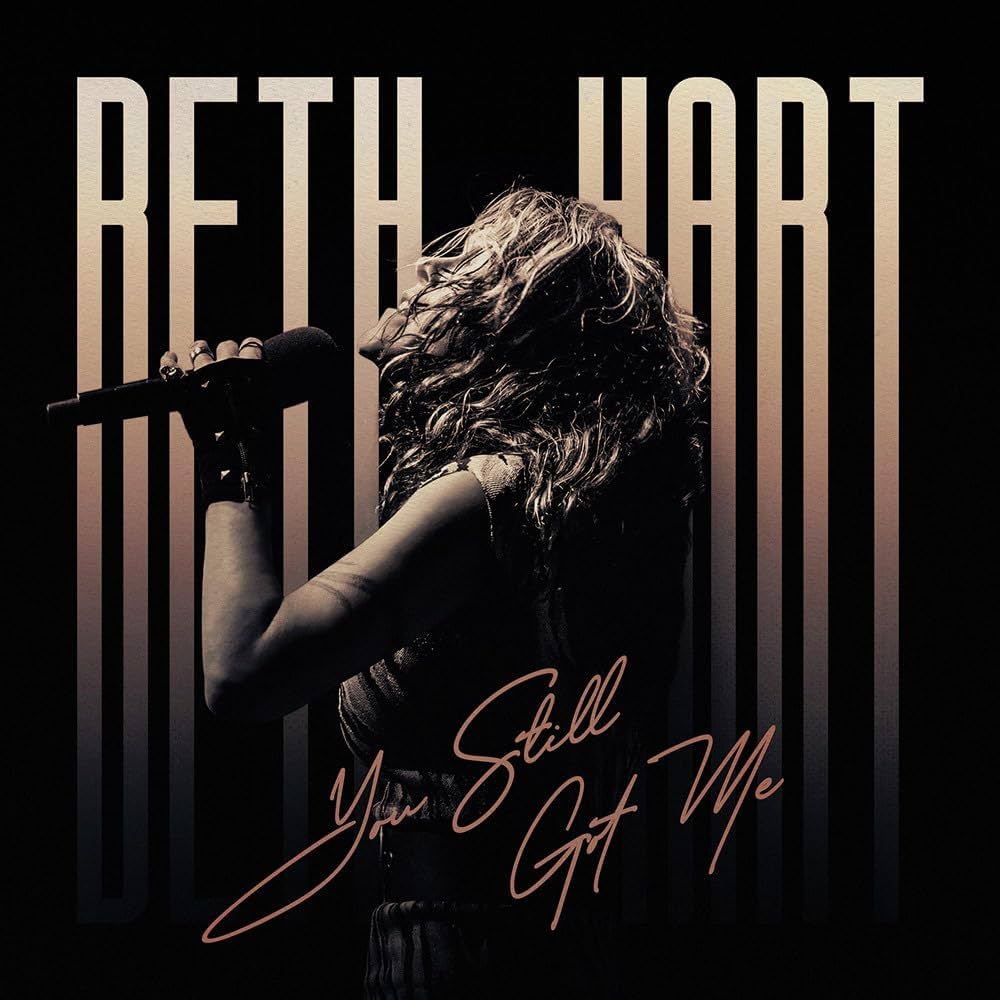
Guilty is a live cover of the original Randy Newman song, featured on Beth Hart’s live album Live at Paradiso (released in 2005).
While not released as a single, Hart’s performance has become a fan favourite, celebrated for her powerful voice and gritty emotional delivery.
The track helps capture the raw, blues-rock energy of her live shows and remains a standout moment in her catalog.
Jump To Top
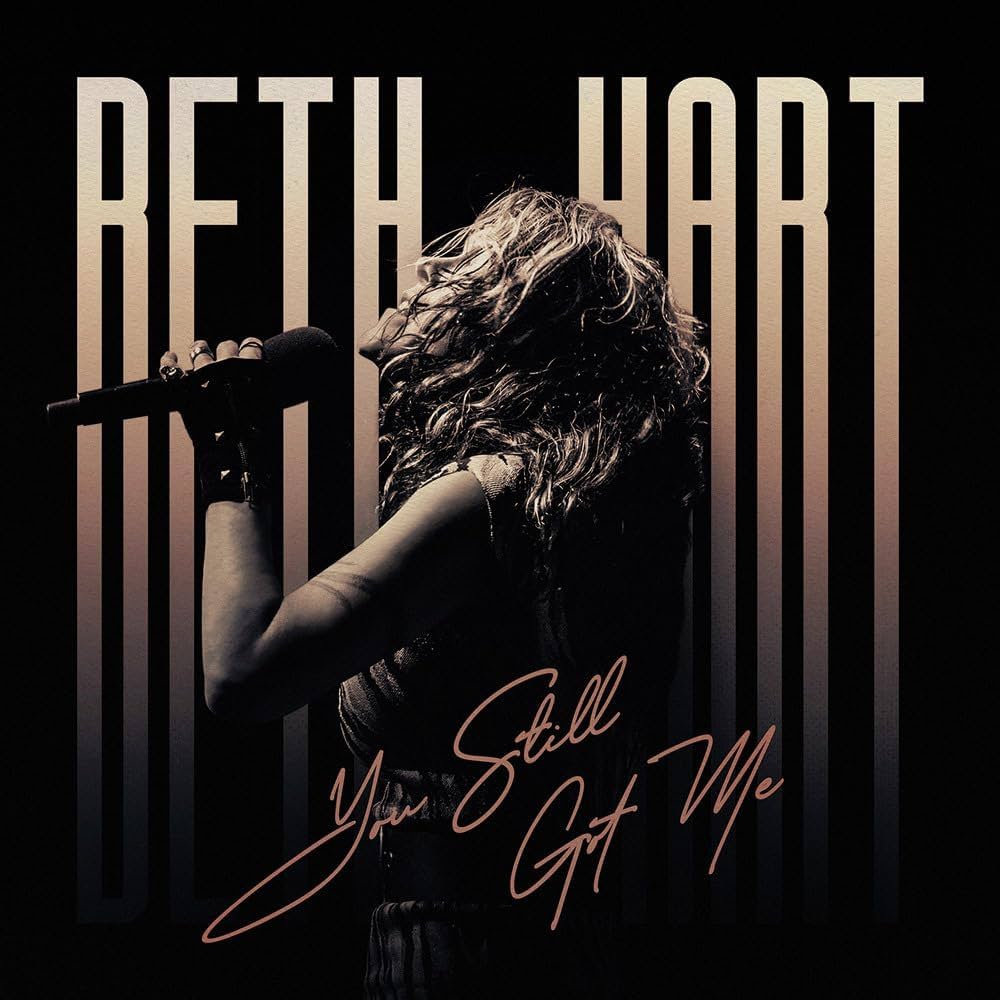
You Still Got Me appears as the title track on Beth Hart’s eleventh studio album, You Still Got Me, released October 25 2024 via Provogue/Mascot. The single was issued June 28 2024. While specific chart-peak data for the single isn’t widely publicized, the album reached #13 on the Swedish Physical Albums chart and #23 on the UK Albums Sales chart.
Hart has described the song as a deeply personal moment reflecting a conversation in her marriage — “I’ve got nothing inside left to love… and then he said, you still got me.”
Full lesson tutorial and chord sheet in the zip file upon purchase below.
Jump To Top
5. Blondie Songs
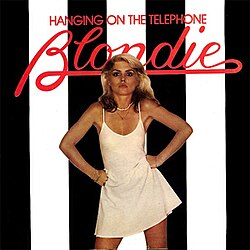
Hanging On The Telephone was released in 1978 as the opening track and second single from Blondie’s breakthrough album Parallel Lines.
Originally written and recorded by Jack Lee of The Nerves in 1976, Blondie’s high-energy version transformed it into a punk-pop classic. Driven by urgent vocals and jangly guitars,
it reached #5 on the UK Singles Chart and became a staple of the band’s live shows, showcasing Debbie Harry’s edgy delivery and the group’s tight new-wave sound.
Chords & Lyrics
Jump To Top
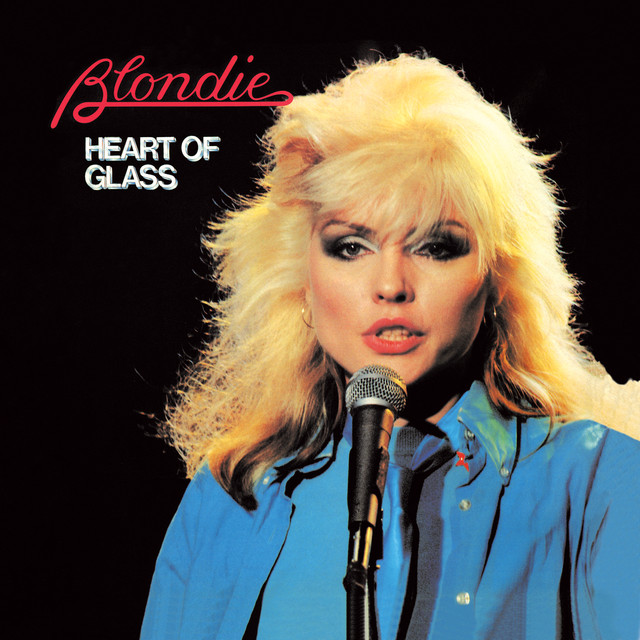
Heart Of Glass was released in January 1979 as the third single from Blondie’s album Parallel Lines. Written by Debbie Harry and Chris Stein, it fused disco, new wave, and pop in a way that redefined the band’s sound.
The song became a massive hit, reaching #1 on the Billboard Hot 100 and topping charts in several countries.
Its blend of synths, dance rhythm, and Harry’s cool vocal made it one of the defining tracks of the late 1970s.
Jump To Top
6. Cher Songs
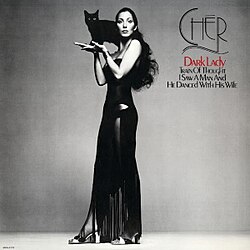
Dark Lady was released in February 1974 as the title track and lead single from Cher’s eleventh studio album.
Written by Johnny Durrill of The Ventures and produced by Snuff Garrett, the song tells a dramatic story of love, betrayal, and revenge involving a fortune-telling “dark lady.”
It topped the Billboard Hot 100 in March 1974, becoming Cher’s third #1 hit in the U.S. Its mix of storytelling, mystery, and pop flair made it a 1970s classic.
Jump To Top Of Female Artists Music
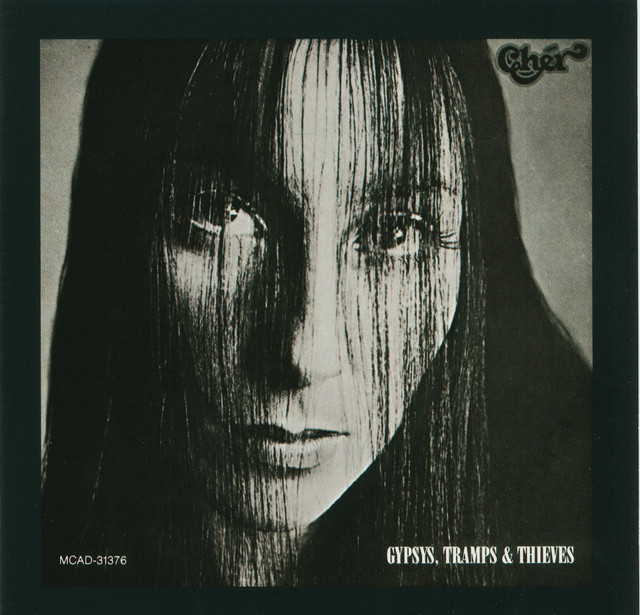
Gypsies Tramps & Theives was released in September 1971 as the lead single from Cher’s seventh studio album, Gypsys, Tramps & Thieves.
Written by Bob Stone and produced by Snuff Garrett, the song tells the story of a girl growing up in a traveling show and the prejudice her family faces.
It reached #1 on the Billboard Hot 100 and became Cher’s first solo chart-topper, praised for its theatrical storytelling and dramatic vocal delivery that defined her early 1970s sound.
Jump To Top
7. Celine Dion Songs
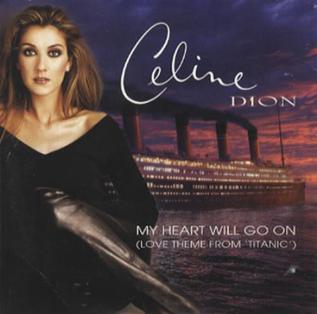
My Heart Will Go On was released in December 1997 as the love theme from the film Titanic and later included on Céline Dion’s album Let’s Talk About Love.
Written by James Horner and Will Jennings, it became one of the best-selling singles of all time, topping charts in over 20 countries and reaching #1 on the Billboard Hot 100.
The song won four Grammy Awards and an Academy Award, cementing Dion’s reputation as one of pop music’s most powerful vocalists.
Jump To Top
8. Colbie Callait Songs
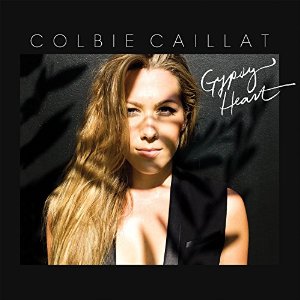
Never Gonna Let You Down was released in 2014 as the second single from Colbie Caillat’s fifth studio album, Gypsy Heart.
Co-written by Caillat, Kara DioGuardi, and Jason Reeves, the song delivers an uplifting message about loyalty, encouragement, and emotional support.
Blending pop, folk, and light country influences, it showcases Caillat’s signature warm vocals and acoustic style. While not a major chart hit, it received positive reviews for its sincerity and feel-good, empowering theme.
Jump To Top
9. Dusty Springfield Songs
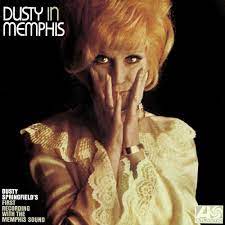
Son Of A Preacher Man was offered to Aretha Franklin but she passed over this song when it was pitched to her, so Dusty Springfield picked this one up. Later Aretha went back and did record the song.
The track is off of her 1968 album "Dusty In Memphis".
I play this one in standard tuning with the chords E, A, B7, D, E7 and a D7. No lead but a few riffs as you play a down down up with a chop for a rhythm pattern.
Jump To Top
10. Elle King Songs

Where The Devil Don't Go was released in 2015 on Elle King’s debut album Love Stuff. Written by King and Chris DeStefano, the song blends gritty blues-rock with gospel-inspired energy, featuring stomping percussion and raspy, soulful vocals.
Although not a major chart single, it became a fan favorite and was featured in several TV shows and movie trailers. The track’s dark, rebellious tone helped establish King’s edgy sound and cemented her as one of modern rock’s bold female voices.
Jump To Top
11. Etta James Songs
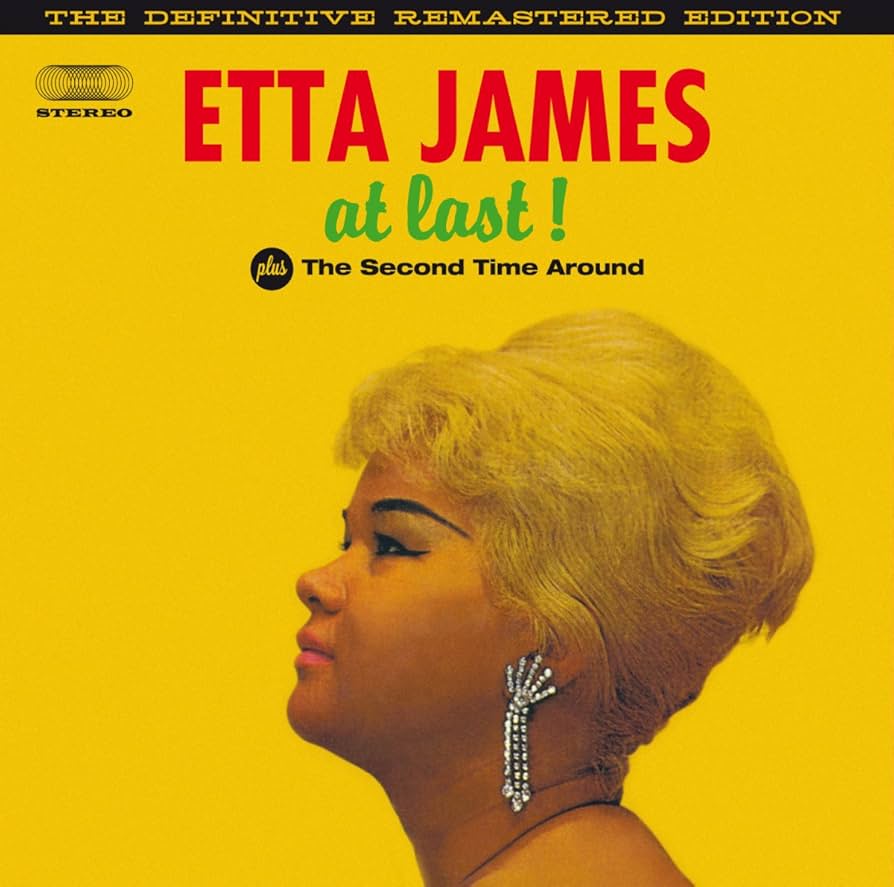
At Last was released in 1960 as the title track from Etta James’s debut studio album on Argo Records.
Written by Mack Gordon and Harry Warren, the song was originally composed for a 1941 musical, but James’s soulful rendition turned it into a timeless classic.
Blending blues, jazz, and orchestral pop, it reached #2 on the Billboard R&B chart and later entered the Grammy Hall of Fame, becoming one of the most celebrated love songs in history.
Jump To Top
12. Eva Cassidy Songs
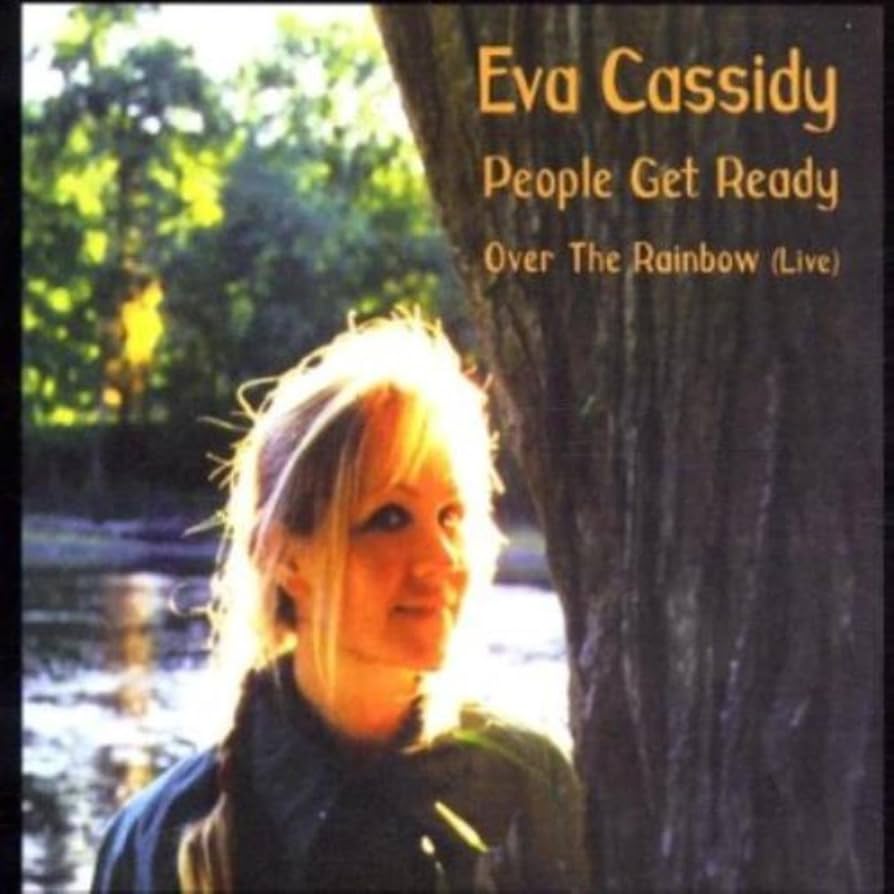
People Get Ready was recorded by Eva Cassidy for her 1998 compilation album Songbird. Originally written by Curtis Mayfield and first performed by The Impressions in 1965.
The song carries a message of hope, faith, and unity. Cassidy’s acoustic rendition transforms it into a moving spiritual ballad, showcasing her expressive phrasing and emotional depth.
Though released posthumously, her version became one of her most beloved recordings, praised for its sincerity and timeless gospel-folk elegance.
Chords & Lyrics
Jump To Top
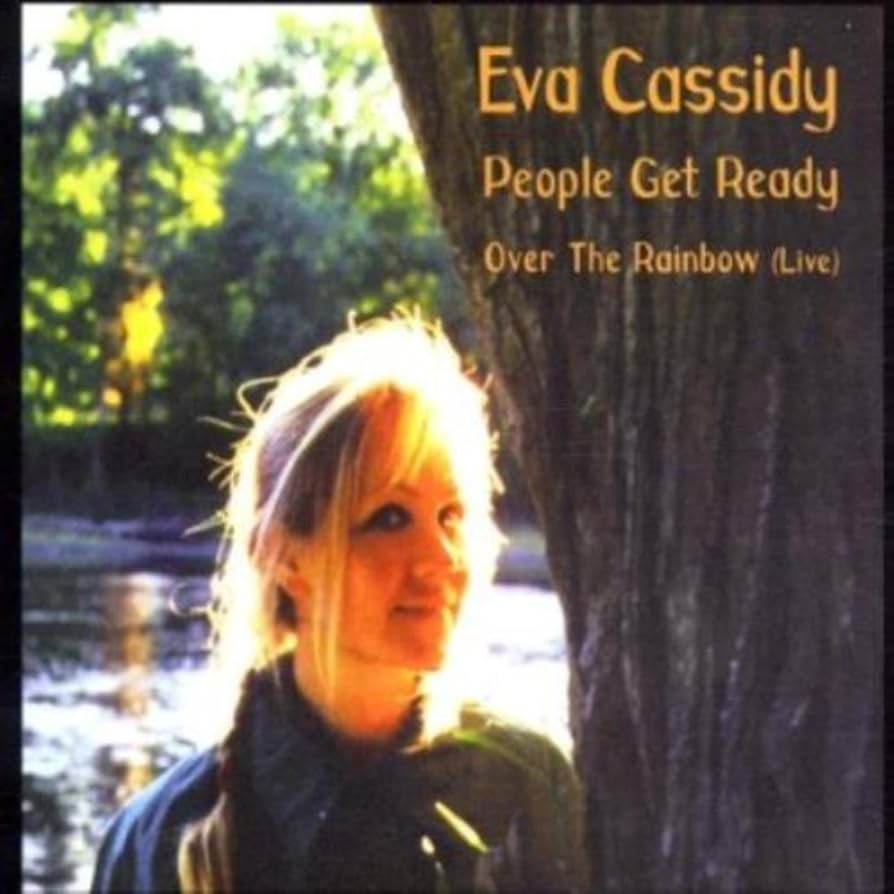
Wade In The Water was recorded by Eva Cassidy for her 1998 posthumous album Songbird. The song is a traditional African American spiritual dating back to the 19th century, often associated with the Underground Railroad and coded messages of freedom.
Cassidy’s soulful, blues-infused arrangement highlights her dynamic vocal range and interpretive power, backed by a lively rhythm section.
Though not a single, it became one of her most popular performances, showcasing her unique blend of gospel, jazz, and folk influences.
Jump To Top
13. Feist Songs
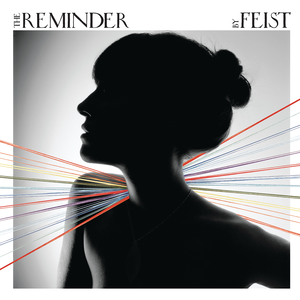
1234 was released in 2007 as the second single from Feist’s acclaimed album The Reminder.
Written by Feist and Sally Seltmann, the upbeat indie-pop track features bright acoustic guitars, brass, and a catchy singalong chorus about nostalgia and personal growth.
The song became an international hit after being featured in an Apple iPod Nano commercial, reaching #8 on the Billboard Hot 100 and earning four Grammy nominations, helping cement Feist’s place in modern indie-pop music.
Jump To Top
14. Freda Payne Songs
Band Of Gold
was released in 1970 as the debut single from Freda Payne’s album of the same name. Written and produced by the legendary Holland–Dozier–Holland team (under the pseudonyms Edythe Wayne and Ron Dunbar), the song tells the story of a young bride abandoned on her wedding night. Blending soulful vocals with Motown-inspired production, it reached #3 on the Billboard Hot 100 and #1 in the UK, becoming Payne’s signature hit and a soul classic.
Jump To Top
15. Gabrielle Songs
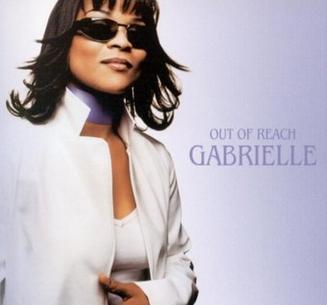
Out Of Reach was released in 2001 as the lead single from the soundtrack to the romantic comedy Bridget Jones’s Diary and later appeared on Gabrielle’s greatest hits album Dreams Can Come True.
Written by Gabrielle and Jonny Dollar, the soulful ballad captures themes of heartbreak and missed love with her signature smooth, emotive voice.
The song reached #4 on the UK Singles Chart and became one of Gabrielle’s most recognized and enduring hits.
Jump To Top
Garrison Star Songs
Better Day Comin' ... info soon.
Jump To Top
16. Gillian Welch Songs
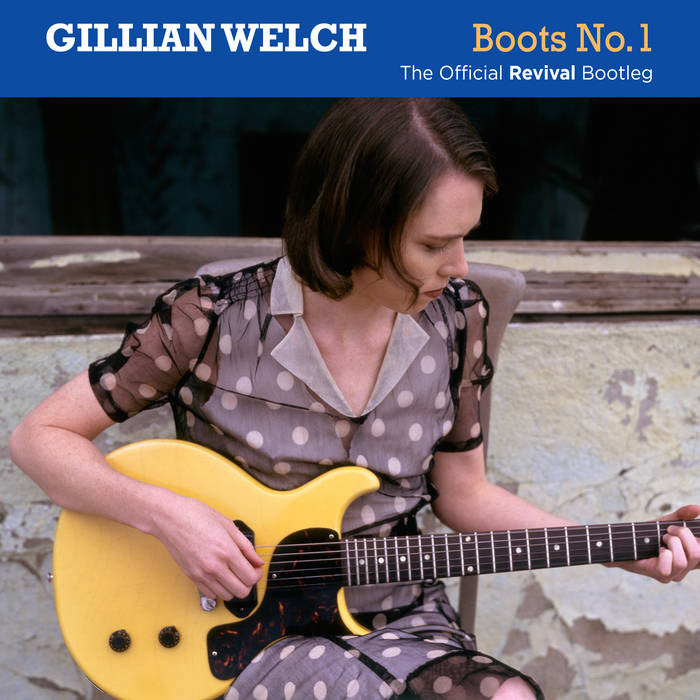
Wichita appears on Gillian Welch’s 2003 album Soul Journey, co-written and produced with longtime collaborator David Rawlings.
The song tells a dark, haunting story from the perspective of a young girl caught in a life of hardship and violence, reflecting Welch’s signature Appalachian storytelling style. With its sparse acoustic arrangement and melancholy tone, “Wichita” captures the raw, timeless quality that defines her Americana sound and has made Soul Journey a critically acclaimed modern folk album.
Jump To Top
17. Gloria Loring Songs
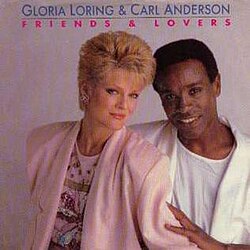
Friends And Lovers was released in 1986 as a duet between Gloria Loring and Carl Anderson. Originally performed on the soap opera Days of Our Lives, where Loring was a cast member, the song became a surprise hit.
Written by Jay Gruska and Paul Gordon, it reached #2 on the Billboard Hot 100 and #1 on the Adult Contemporary chart.
The heartfelt ballad explores the tension between deep friendship and romantic love, becoming a defining 1980s duet classic.
Jump To Top
18. Helen Shapiro Songs
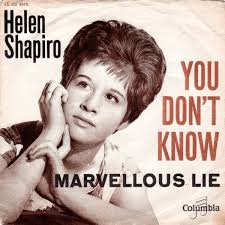
You Don't Know was released in 1961 as the second single by British singer Helen Shapiro when she was just 14 years old.
Written by John Schroeder and Mike Hawker, the emotional pop ballad showcases her remarkably mature, soulful voice. The song reached #1 on the UK Singles Chart, staying there for three weeks, and became one of her signature hits.
It helped establish Shapiro as one of Britain’s most promising young pop stars of the early 1960s.
Jump To Top
19. Jan Arden Songs
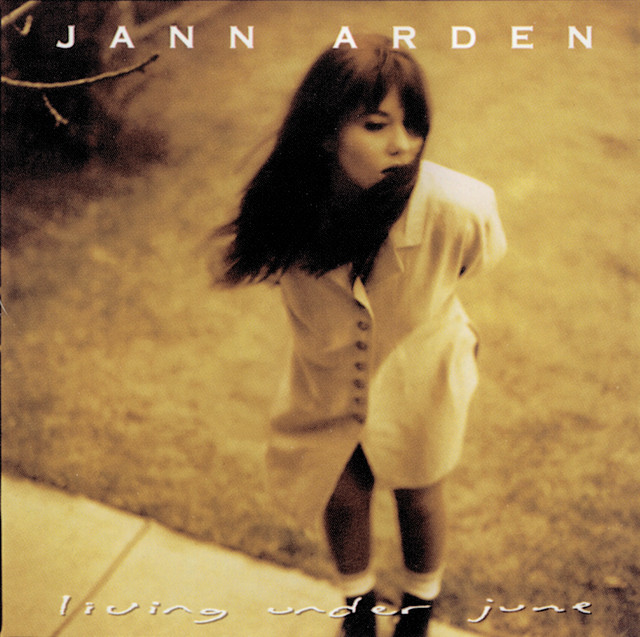
Insensitive was released in 1994 as the lead single from Canadian singer-songwriter Jann Arden’s second album Living Under June. Written by Anne Loree, the piano-driven ballad explores emotional detachment and heartbreak, delivered with Arden’s powerful yet vulnerable vocal style.
The song became her international breakthrough, reaching #12 on the U.S. Billboard Hot 100 and #1 in Canada.
Its introspective tone and universal theme of unreciprocated love made it one of the defining adult-contemporary hits of the 1990s.
Jump To Top
20. Janis Joplin Songs

Trouble In Mind is a traditional blues song written by Richard M. Jones in 1924, famously recorded by countless artists over the years.
Janis Joplin covered the tune live in the late 1960s, delivering her signature raw and soulful interpretation.
Her version, often performed with the Full Tilt Boogie Band, captures the song’s despair and resilience through her gritty vocals and emotional phrasing, honoring its deep blues heritage while making it unmistakably her own.
Jump To Top
21. Jane Rose Songs
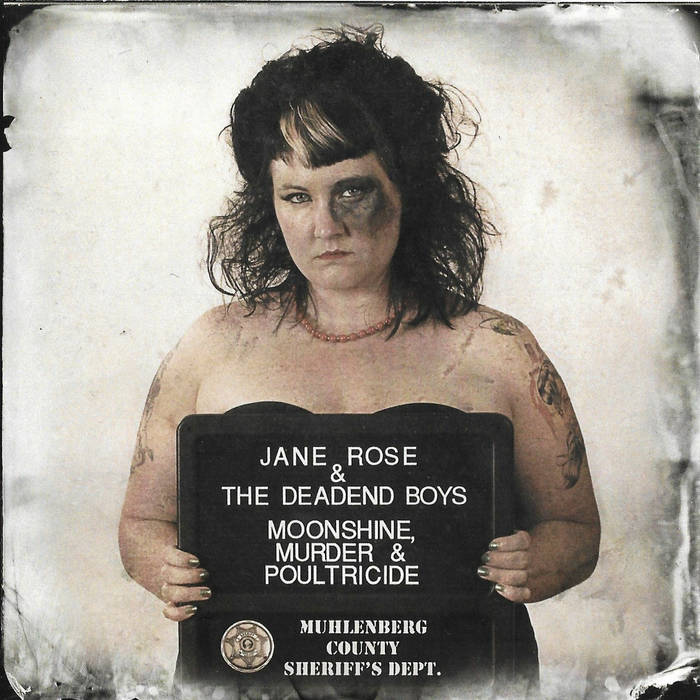
Bitten was released in 2011 on the album Poultricide by Jane Rose & The Deadend Boys.
The track, written by Jane Rose, delivers a gritty rockabilly-blues sound featuring punchy vocals and upright bass, embodying her theatrical, high-energy performance style.
While it did not chart on major mainstream lists, its music video has exceeded 1 million views and helped build Rose’s reputation in the neo-rockabilly scene.
Jump To Top
22. Joan Armatrading Songs
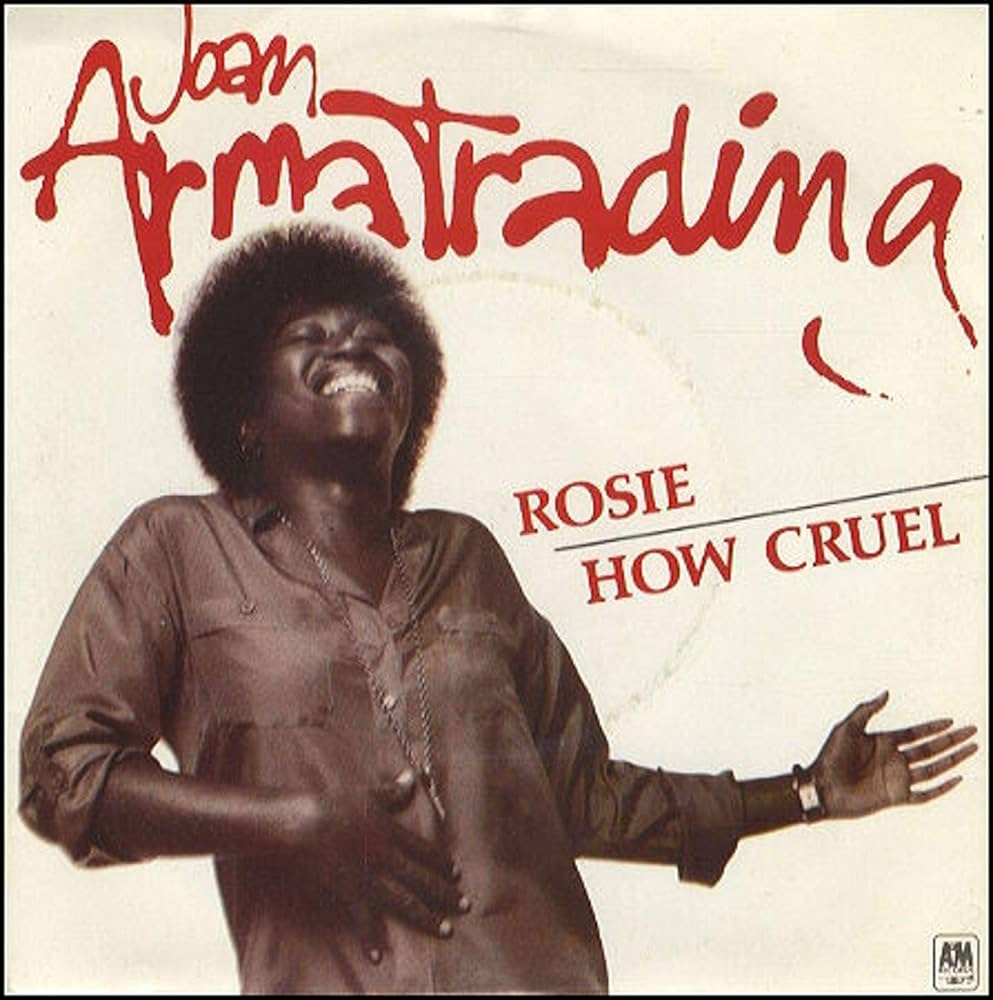
Rosie was released in 1980 as part of the EP How Cruel, which followed Joan Armatrading’s 1979 album Steppin’ Out.
Written by Armatrading herself, the song blends pop-rock and reggae influences, featuring her distinctive rhythmic guitar and soulful vocal phrasing.
It reached #49 on the UK Singles Chart, earning radio play for its upbeat, storytelling charm. “Rosie” showcases Armatrading’s knack for character-driven songwriting and remains a fan favorite from her late-’70s/early-’80s creative peak.
Jump To Top
23. Joan Jett Songs

I Love Rock And Roll was released in 1981 as the title track from Joan Jett & The Blackhearts’ second album.
Originally written and recorded by The Arrows in 1975, Jett’s gritty, high-energy version became a defining anthem of rock.
The single topped the Billboard Hot 100 for seven weeks in 1982 and went on to sell millions worldwide. Its rebellious spirit, driving guitar riff, and singalong chorus made it one of the most iconic rock songs of all time.
Jump To Top
24. Judie Tzuke Songs
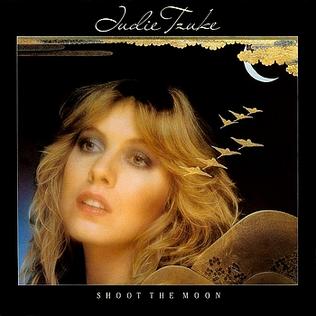
Ladies Night was released in 1982 on Judie Tzuke’s fourth studio album Shoot the Moon.
Written by Tzuke and longtime collaborator Mike Paxman, the song combines smooth pop-rock melodies with introspective lyrics about friendship and female resilience.
Although it wasn’t a major chart hit, Shoot the Moon reached #19 on the UK Albums Chart, and “Ladies Night” became a standout track that showcased Tzuke’s warm vocals and the sophisticated songwriting that defined her early-’80s sound.
Jump To Top
25. Kathy Young Songs
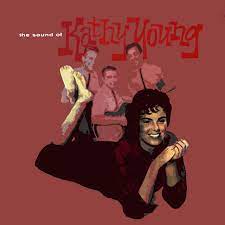
A Thousand Stars was released in 1960 when Kathy Young was just 15 years old, backed by The Innocents. Originally written and recorded by Eugene Pearson of The Rivileers in 1954, Young’s tender version became a huge hit, reaching #3 on the Billboard Hot 100 and #6 on the R&B chart. The dreamy doo-wop ballad, featuring lush harmonies and youthful innocence, became Young’s signature song and a timeless favorite of the early 1960s teen-pop era.
I play this one in standard tuning with 1,2,3 up down up where 1,2,3 being arpeggio notes in the chords and some down strokes. I have some lead here but there is none in the original while playing the chords C, F, Gb and a G.
Jump To Top
26. Katrina And The Waves
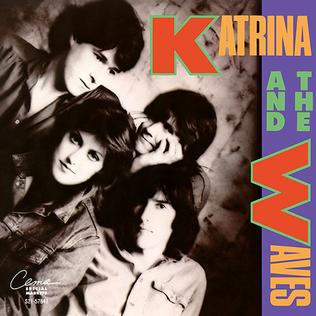
Walking On Sunshine was released in 1985 as the lead single from Katrina and the Waves’ self-titled major-label debut album.
Written by Kimberley Rew, the song radiates pure joy with its bright horns, jangly guitars, and infectious chorus. It became the band’s biggest hit, reaching #9 on the U.S. Billboard Hot 100 and #8 in the UK.
Over the years, it’s become a pop-culture staple, featured in countless movies, commercials, and feel-good playlists worldwide.
Jump To Top
27. Kim Carnes Songs
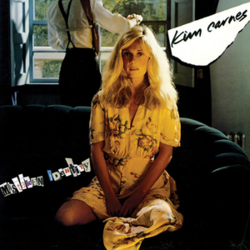
Bette Davis Eyes was released in 1981 as the lead single from Kim Carnes’ album Mistaken Identity. Originally written and recorded by Donna Weiss and Jackie DeShannon in 1974,
Carnes’ synth-driven, raspy-voiced rendition transformed it into a global hit. The song spent nine weeks at #1 on the Billboard Hot 100, won Grammy Awards for Record of the Year and Song of the Year, and became one of the defining pop hits of the early 1980s.
Jump To Top
28. Leslie Gore Songs
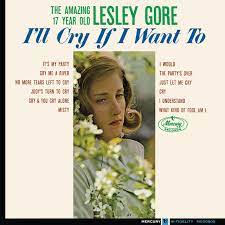
It's My Party was released in 1963 as the debut single by Lesley Gore, produced by Quincy Jones for Mercury Records. Written by Herb Wiener, John Gluck Jr., and Wally Gold, the song tells the story of a heartbroken teen whose boyfriend leaves her for another girl — all during her own birthday party. It topped the Billboard Hot 100 for two weeks and became an enduring pop classic, launching Gore’s career at just 16 years old.
The chords here are A, D, E, A7, Dm, C, F, B7, Gbm and a Bm played in standard tuning with some lead. Play a root down up down up and repeat with a few a chops and down strokes thrown in for the rhythm pattern.
Jump To Top
29. Lucy Kaplanski Songs
Scorpion ... info soon.
Lesson, demo and chord sheets at the zip file below.
Jump To Top
30. Madonna Songs
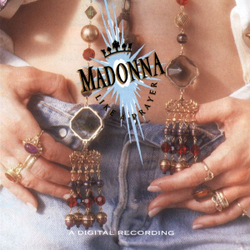
Like A Prayer was released in 1989 as the lead single and title track from Madonna’s fourth studio album. Written and produced with Patrick Leonard, the song blends pop, rock, and gospel influences with deeply personal and spiritual lyrics.
Its controversial music video, featuring religious imagery, sparked global debate but also cemented Madonna’s reputation as a fearless artist.
The single topped charts worldwide, including the Billboard Hot 100, and remains one of her most powerful and acclaimed songs.
Jump To Top
31. Mary Gauthier Songs
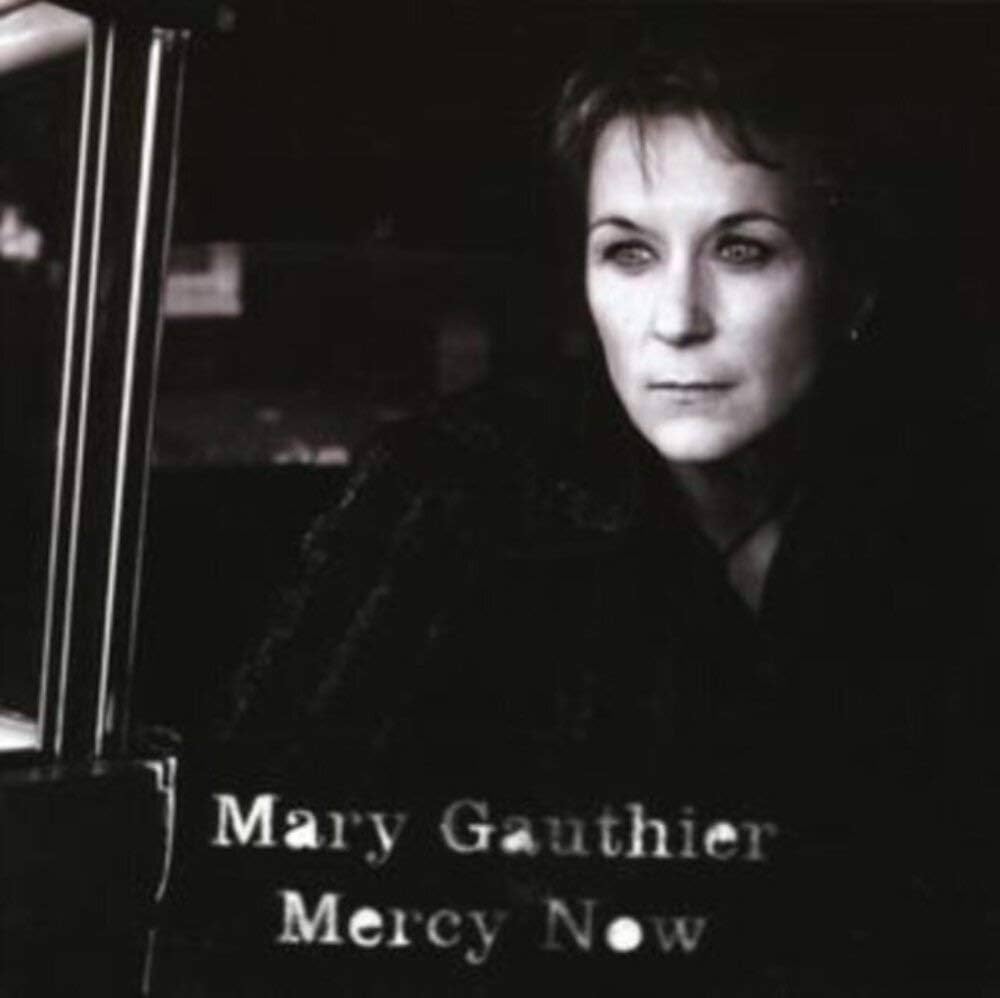
Mercy Now was released in 2005 as the title track from Mary Gauthier’s fourth studio album.
Written by Gauthier, the song is a haunting plea for compassion — for her father, her country, and humanity as a whole. With its stark lyrics and understated Americana arrangement, it became her signature song and earned widespread critical acclaim.
Mercy Now appeared on several “best of the decade” lists and helped establish Gauthier as one of Americana’s most honest and moving songwriters.
Jump To Top
32. Melissa Etheridge Songs
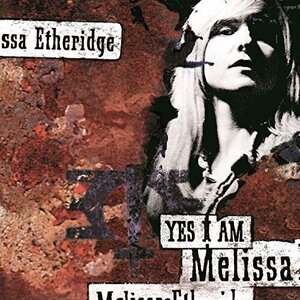
I'm The Only One was released in 1993 as the second single from Melissa Etheridge’s breakthrough album Yes I Am.
Written by Etheridge, the bluesy rock anthem expresses jealousy and passion in a turbulent relationship, driven by her gritty vocals and powerful guitar work.
The song became her highest-charting hit in the U.S., reaching #8 on the Billboard Hot 100, and remains one of her most recognizable and enduring performances in 1990s rock.
Jump To Top
33. Nancy Sinatra Songs
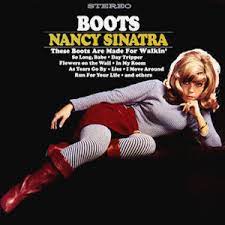
These Boots Are Made For Walkin' was released in 1966 as the lead single from Nancy Sinatra’s debut album Boots. Written and produced by Lee Hazlewood, the song’s bold, swaggering tone and twangy bass line turned it into an instant pop classic. It topped both the U.S. Billboard Hot 100 and the UK Singles Chart, earning Sinatra her signature hit. The track became an anthem of female confidence and one of the defining songs of the 1960s pop era.
I play a capo 2nd fret here in standard tuning with the chords E, A, G and E7. No lead here, just a descending riff as you play a down down up down up down up and repeat rhythm pattern.
Jump To Top
34. Nana Miskouri Songs
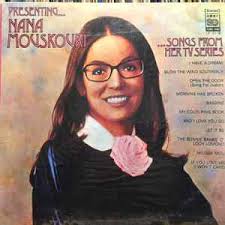
Four And Twenty Hours was released in 1972 by Nana Mouskouri on her album Songs from Her TV Series. Adapted from “Aline” by Steven Wolfe and Diane Lampert, the song is a tender pop ballad about enduring love, carried by Mouskouri’s clear, emotive vocals and gentle orchestration.
While not a major chart hit, it became one of her most requested English-language songs, showcasing her graceful phrasing and timeless crossover appeal between pop and easy listening styles.
Jump To Top
35. Nena Songs

99 Red Balloons (originally “99 Luftballons”) was released in 1983 by the German band Nena from their self-titled debut album. Written by Carlo Karges and Uwe Fahrenkrog-Petersen, the anti-war song imagines 99 balloons floating into the sky and triggering a global military panic.
The English version reached #1 in the UK and #2 on the U.S. Billboard Hot 100, becoming one of the most iconic one-hit wonders of the 1980s and a lasting Cold War-era anthem.
Jump To Top
36. Nina Simone Songs
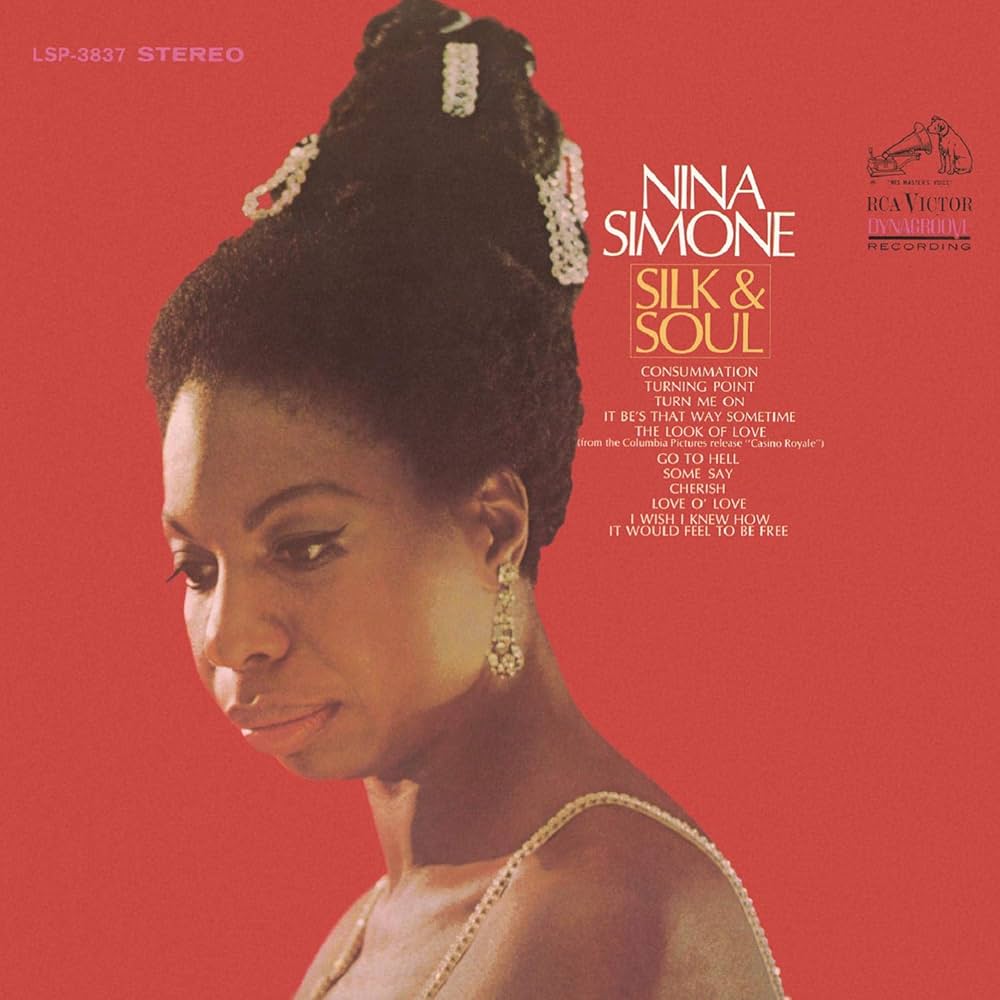
I Wish I Knew How It Would Feel To Be Free was recorded by Nina Simone in 1967 for her album Silk & Soul.
Originally written by Billy Taylor and Dick Dallas, the song became an anthem of the civil rights movement, expressing a longing for freedom, equality, and self-expression.
Simone’s gospel-infused piano and impassioned vocals gave it deep emotional resonance, transforming it from a jazz standard into a timeless statement of hope and liberation.
Jump To Top
37. Petula Clark Songs
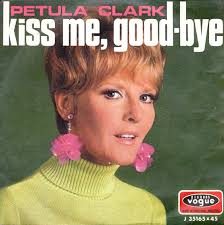
Kiss Me Goodbye was released in 1968 as a single by Petula Clark, written by Les Reed and Barry Mason and produced by Tony Hatch.
The sweeping orchestral ballad tells of parting ways with grace and sorrow, showcasing Clark’s rich, emotive voice.
It reached #15 on the Billboard Hot 100 in the U.S. and #2 on the UK Singles Chart, becoming one of her last major international hits of the 1960s pop era.
Jump To Top
38. Rita Coolidge Songs
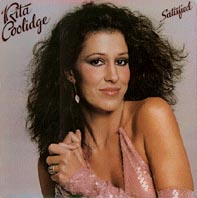
I'd Rather Leave While I'm In Love was released in 1979 as a single from Rita Coolidge’s album Satisfied.
Written by Peter Allen and Carole Bayer Sager, the tender ballad reflects on ending a relationship before love fades. Coolidge’s smooth, emotional delivery and understated arrangement made it one of her standout hits, reaching #3 on the U.S. Adult Contemporary chart.
The song remains a beautifully bittersweet example of Coolidge’s late-1970s soft-pop and torch-song style.
Jump To Top
39. Sandie Shaw Songs
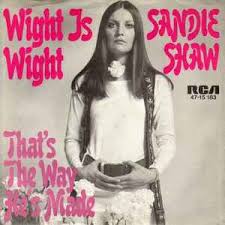
Wight Is Wight was released in 1970 by Sandie Shaw as an English-language cover of the French hit written by Michel Delpech and Roland Vincent.
The song celebrates the spirit of the Isle of Wight Festival, a symbol of peace and the counterculture music scene of the late 1960s.
While Shaw’s version wasn’t a major chart success in the UK, it reflected her shift toward more contemporary folk-pop influences during that period of her career.
Jump To Top
40. Susanna Hoffs Songs
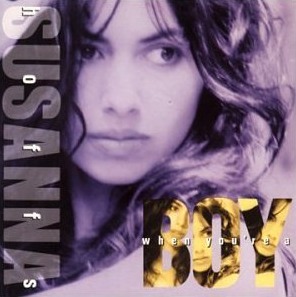
It Must Be Love was released in 1991 as a single from Susanna Hoffs’ debut solo album When You’re a Boy.
Written by Tom Kelly and Billy Steinberg, the song features bright pop melodies and heartfelt lyrics about the rush of new love.
Though it didn’t chart on the Billboard Hot 100, it reached #77 in the UK and gained steady airplay on adult contemporary radio, showcasing Hoffs’ warm vocals beyond her success with The Bangles.
Jump To Top
41. Tracy Ullman Songs
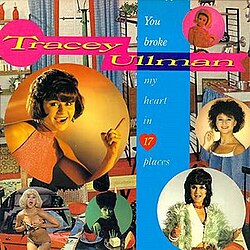
They Don't Know was released in 1983 as the third single from Tracey Ullman’s debut album You Broke My Heart in 17 Places.
Originally written and recorded by Kirsty MacColl in 1979, Ullman’s lively remake added a retro pop flair and 1960s-style production.
The single became a major hit, reaching #2 on the UK Singles Chart and #8 on the U.S. Billboard Hot 100, making it Ullman’s most successful recording and a defining 1980s pop favorite.
Jump To Top
42. Wendy Matthews Songs
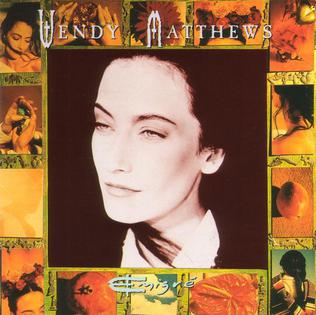
Token Angels was released in 1990 as the lead single from Wendy Matthews’ debut solo album Émigré.
Written by Roger Mason, the song’s ethereal pop arrangement and Matthews’ distinctive, emotive vocals helped it become one of her signature hits.
It peaked at #18 on the Australian ARIA Singles Chart and won the ARIA Award for Best Female Artist in 1991. The song remains a beloved Australian classic, celebrated for its soaring melody and heartfelt delivery.
Jump To Top
These female acoustic guitar songs are perfect for players who love strong melodies and expressive vocals. Whether you’re strumming softly through a ballad or adding rhythm to a soulful pop tune, these lessons make learning fun and rewarding. Explore the collection below and start adding more inspiring female acoustic songs to your setlist today.
Motown Rhythm And Blues
